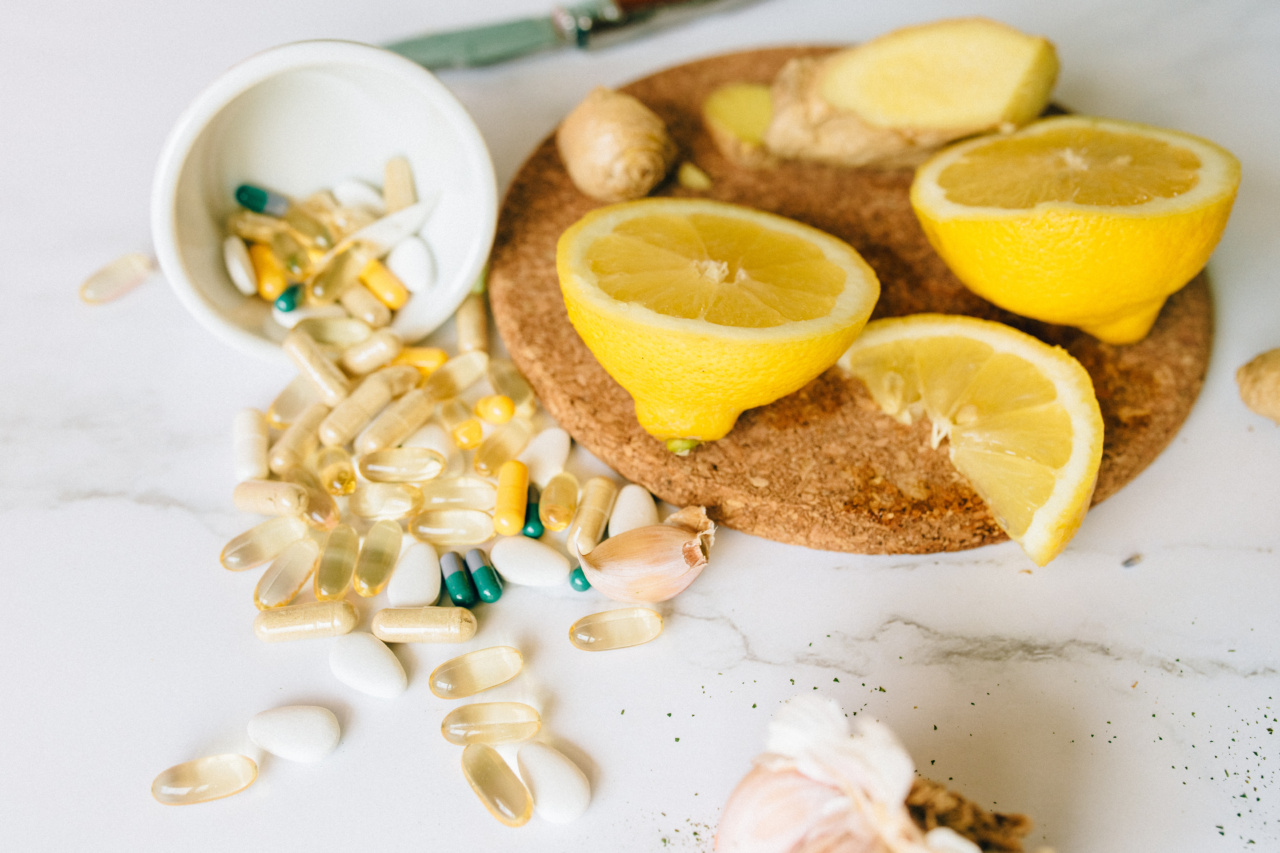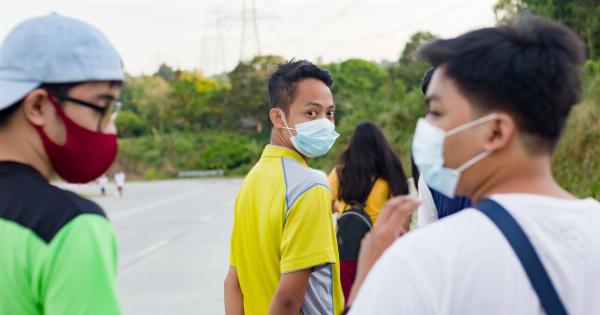Anxiety is a common condition that affects millions of people worldwide. It can be debilitating and have a significant impact on a person’s daily life.
While prescription anti-anxiety medication can be effective in managing symptoms, they often come with unwanted side effects. Fortunately, there are natural alternatives available that can help reduce anxiety levels without the negative consequences. In this article, we will explore ten natural remedies that can be used as alternatives to prescription anti-anxiety medication.
1. Exercise Regularly
Physical activity is known to release endorphins, which are the body’s natural feel-good chemicals. Regular exercise can help reduce anxiety levels by promoting a sense of well-being and relaxation.
Consider incorporating activities such as walking, jogging, swimming, or yoga into your daily routine to reap the benefits of exercise as a natural anxiety-reliever.
2. Practice Deep Breathing Techniques
Deep breathing exercises can help calm the mind and relax the body. When feeling anxious, take deep breaths in through your nose, hold for a few seconds, and exhale slowly through your mouth.
This process triggers the body’s relaxation response, reducing anxiety in the process.
3. Try Natural Herbal Supplements
Several herbal supplements have shown promise in reducing anxiety symptoms. These include passionflower, valerian root, kava, and chamomile.
However, it is essential to consult with a healthcare professional before starting any new supplementation to ensure safety and effectiveness.
4. Get Sufficient Sleep
Sleep deprivation is known to increase anxiety levels. It is crucial to prioritize quality sleep to help reduce anxiety symptoms naturally.
Ensure that you establish a consistent bedtime routine and create a comfortable sleep environment to promote restful sleep.
5. Explore Aromatherapy
Aromatherapy involves using essential oils to promote relaxation and alleviate anxiety. Scents such as lavender, bergamot, and chamomile have been shown to have calming effects.
Consider using a diffuser or applying diluted essential oils to your pulse points to experience the benefits of aromatherapy.
6. Limit Caffeine Intake
Caffeine is a stimulant that can increase heart rate and trigger anxiety symptoms in some individuals. Limiting or avoiding the consumption of caffeinated beverages, such as coffee, tea, and energy drinks, can help reduce anxiety naturally.
7. Practice Mindfulness and Meditation
Mindfulness and meditation techniques can help redirect the mind away from anxious thoughts and promote a sense of calm. Take a few minutes each day to focus on the present moment, observe your thoughts without judgment, and practice deep relaxation.
8. Maintain a Healthy Diet
Eating a balanced diet rich in fruits, vegetables, whole grains, and lean proteins can help support overall mental well-being. Avoiding processed foods, excessive sugar, and alcohol can also help stabilize mood and reduce anxiety symptoms.
9. Seek Support from Loved Ones
Having a strong support system can significantly impact anxiety levels. Reach out to friends, family, or support groups for emotional support and encouragement. Talking about your feelings can help alleviate anxiety and provide a sense of relief.
10. Engage in Relaxation Techniques
Engaging in activities that promote relaxation and reduce stress can be effective natural alternatives to prescription anti-anxiety medication.
These can include taking warm baths, practicing gentle yoga or tai chi, listening to calming music, or engaging in a hobby or creative outlet.
Conclusion
Anxiety is a challenging condition to deal with, but there are numerous natural alternatives available to prescription anti-anxiety medication.
Incorporating these practices into your daily routine can help reduce anxiety symptoms and promote overall mental well-being. Remember that it is always essential to consult with a healthcare professional for personalized advice and guidance on managing anxiety naturally.




























